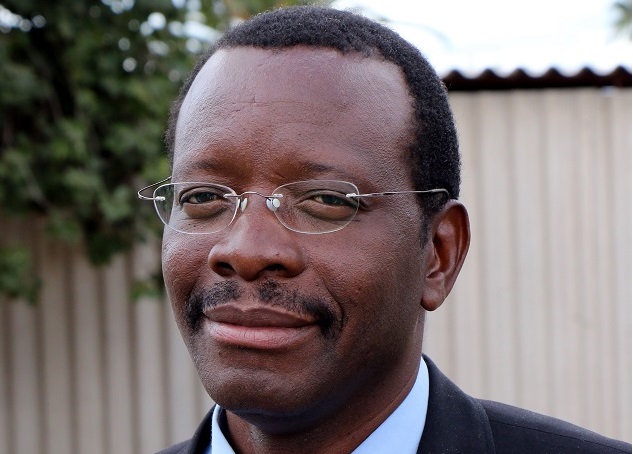The spike in coronavirus cases in Zimbabwe has caused health experts to call on the government to re-examine the lockdown regulations and scale up screening and testing.
Zimbabwe reported its highest one-day spike in new COVID-19 cases, from 63 cases, as of May 26 to 132 on May 27, a development that comes after authorities relaxed the national lockdown to Level 2.
But experts warn the figures indicate an exponential growth of the pandemic will occur in the country if stringent measures are not taken, coupled by unlimited resources.
Mpilo Acting Chief Executive Officer and Clinical Director, Dr Solwayo Ngwenya, said the spike in COVID-19 cases in Zimbabwe had negative implications on the rate of infections.
“Coronavirus is a new virus and what has happened in the world is it starts of with no case, then two or three cases then it multiplies. When we called for a lockdown and we locked- down the COVID-19 cases were moth-balled. What we called the rate of infection was kept below zero called ‘r’ now what is happening is ‘r’ is no longer called zero.
“This means one person can infect more as when ‘r’ reaches to three, one person can infect three other people, those three other people can go and infect three other people. That’s how the virus works. Right now we are at the exponential curve, the virus is spreading rapidly,it is hard to stop it,” he explained.
Dr Ngwenya said the fast-spreading virus could be stopped by having a stringent lockdown, complemented by testing and contact tracing.
“But where we are the virus is spiralling, look at how the community is behaving,” he lamented.
The government, Dr Ngwenya urged, must ‘right now’ assess the situation and check if indeed the virus is spiralling out of control.
“Authorities should reconsider introducing the lockdown otherwise there will be more infections and the deaths would start coming,” he said.
The Mpilo Clinical Director pointed out that since COVID-19 was a highly infectious disease, positive patients had to be isolated and not be admitted at public hospitals.
His remarks come after Mpilo recorded four positive cases including that of a nurse.
“People who have the contagious diseases should not come into contact with public health which means testing, treating and discharge should all happen ideally in one place like Thorngrove Infectious Disease Hospital. The moment you bring people from quarantine in our case, centres were people came abroad or outside the country – they will then have same testing as a public health institution. This is a disaster because you will have cross infection and then the virus escalates like pouring petrol in a burning fire,” he said.
“Effectively now because of the designated centres (Thorngrove and Ekusileni) are not ready to take any patients we are going to create a small section in the hospital, a ward where we are going to be giving care. That is not ideal because it goes against our intention that we
should never mix the two but we have no choice, patients can’t be sent out in the cold.”
Following the positive coronavirus confirmation of a nurse, Enock Dongo, President of Zimbabwe Nurses Association (ZINA) advised the government to scale up testing.
“The government should gear up the process of testing of all health care workers, patients who come into a hospital. Health workers needed to be protected because if not, we are going to see more possible positive cases arise. This would put a strain on the country’s public health sector and nurses,” he said.
Dongo noted that the country’s public health sector could not sustain the strain if more health care workers were to be infected.
“Imagine if nurses and health care workers were to go to quarantine – a lot of nurses would be away from work. The quarantine takes up to 14 to 21 days that means one will be off from duty and who will make up for that with the shortages we have. As we go forward, we urge the government to increase testing capacity and avail more Personal Protective Equipment (PPE),”said the nurses leader.
He also called on nurses to be vigilant, as a spike of COVID-19 cases would see more patients visit hospitals.
“We are calling on the nurses to adequately prepare as they are the frontline workers supposed to confront the virus. The nurses must practice infection control, put on PPE as they attend to patients. Nurses and health workers must treat every person who comes to the hospital as a suspect, that’s why they carry out vigilance and stay protected. This is a pandemic, we must all strive to stay safe to prevent and reduce transmission,” Dongo said.


Hi LuLu Harris are you related to Robert Harris ? if so ive been trying to locate him as I would like to meet with him .